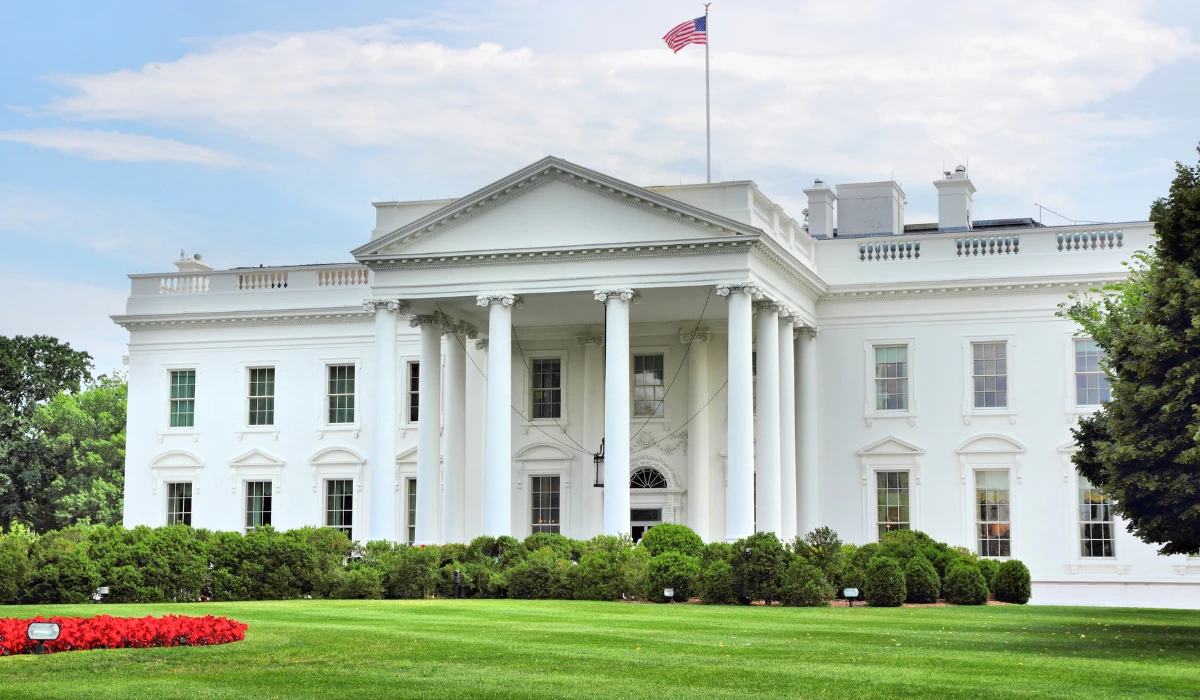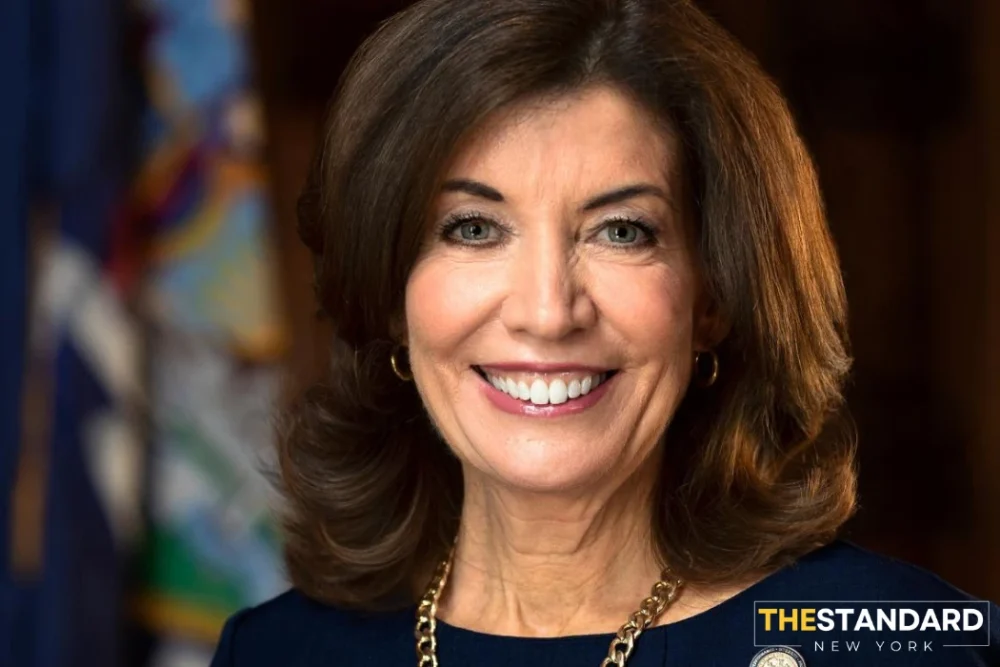The world of education is constantly evolving, much like the unique children we are raising and teaching. As parents, educators, and professionals, we often find ourselves navigating a landscape filled with new policies, budget shifts, and an ever-present desire to see our children thrive. But what if the key to their success, and ours, isn’t about fitting into a predetermined mold, but instead embracing the very qualities that make us – and them – stand out?
Consider the recent buzz surrounding U.S. Education Secretary Linda McMahon’s appearance before the Senate Appropriations Subcommittee on Labor, Health and Human Services, Education, and Related Agencies on Tuesday. She presented a fiscal 2026 budget proposal for the Education Department totaling $66.7 billion, a significant 15.3% reduction below current funding levels. Secretary McMahon framed this as a “serious commitment to reducing bureaucratic excesses,” declaring that the U.S. is in an “educational crisis.” This immediately raises questions for parents and educators: How will this impact our schools? Our children’s access to resources? Their ability to truly learn and grow?
Subcommittee Chair Shelley More Capito (R-WV) honed in on literacy performance, which is a critical concern for many. “There have been a lot of programs that have been tried to make sure that we could help students read, and they’ve not worked,” Secretary McMahon responded, highlighting states like Mississippi, Louisiana, and Iowa that are seeing reading gains through “science of reading” approaches. While promising for some, this shift in focus can also feel like another change to adapt to, another new method to master.
Then there’s the question of K-12 spending, with Senator Jack Reed (D-RI) pressing on a $4.5 billion cut. Secretary McMahon’s response? “We’ll spend it more responsibly.” While the intent is clear, which is to optimize resources, it leaves many of us wondering about the practical implications for our classrooms and our children’s learning experiences. How do we ensure that “responsible spending” doesn’t inadvertently stifle innovation or limit opportunities, especially for students who learn differently? During the 90-minute hearing, McMahon also fielded questions about funding for the Office for Civil Rights, mental health, and college access.
This brings us back to a powerful truth: true success, in education and in life, often lies not in conformity, but in embracing our unique qualities. Think about it – if everyone is striving to be the same, how truly indispensable can anyone be? The most impactful individuals, the ones who genuinely shape our future, are often those who leverage their distinct traits, qualities that might be labeled unconventional or even “weaknesses” by societal standards.
For parents in urban communities, these discussions hit home. We often see our children navigate complex systems, whether it’s standardized testing, rigid curricula, or environments that sometimes prioritize compliance over creativity. We champion their individuality, their sharp insights, and their unique perspectives. But then comes the subtle societal nudge to “fit in,” to “tone it down,” to smooth out those delightful edges that make them, them.
Consider the child who thrives in a less structured, project-based learning environment but whose school emphasizes rote memorization. Or the teen whose passion for digital art is seen as a distraction from traditional academics. These aren’t deficiencies; they are distinct ways of engaging with the world, powerful avenues for learning and expression. Yet, sometimes with the best intentions, the system can inadvertently try to “fix” these differences, leading to frustration and a sense of not being “enough.”
As educators, we are often tasked with nurturing well-rounded individuals, and performance review systems can sometimes push for an “ideal picture” of how everyone should act, emphasizing the improvement of “weaknesses.” But, as the saying goes, shouldn’t an organization – or a classroom – be a platform for unique talent? Unique talent makes you indispensable.
The constant pressure to be like “everyone else” can be detrimental. It can lead us to shy away from our “sweet spot” – the intersection of our strengths, perceived weaknesses, differences, and passions. Accenting our strengths can feel too arrogant, exposing our vulnerabilities can feel too precarious, standing out from the crowd can feel too risky, and focusing on our passions can feel too indulgent. Yet, eradicating our unique traits has the opposite effect. It makes us dispensable. If we’re just like everyone else, then how critical can we be to the school, to the community, or to the world?
This highlights a crucial point for parents and educators: if those unique qualities aren’t appreciated by the people around you, don’t change yourself, change your environment. Change your context. Find that “kind of place,” where these qualities are truly appreciated. This could mean advocating for different teaching methods within their current school, exploring alternative educational models, or even fostering specific interests outside of the traditional classroom setting. For an urban audience, this often means tapping into community resources, after-school programs, and mentors who can see and cultivate these unique gifts.
In a time when education budgets are being scrutinized, and reforms are taking hold, it’s more important than ever to remember that our children are not widgets to be standardized. They are complex, unique individuals, each with their own set of strengths, passions, and yes, distinct ways of being. As parents, educators, and community leaders, our mission is to empower them to leverage those very qualities. To help them understand that their differences are not weaknesses to be hidden, but gifts to be celebrated. Because in a world that often demands conformity, the secret to true success, to genuine impact, lies in embracing the extraordinary power of being unequivocally, wonderfully, yourself.





